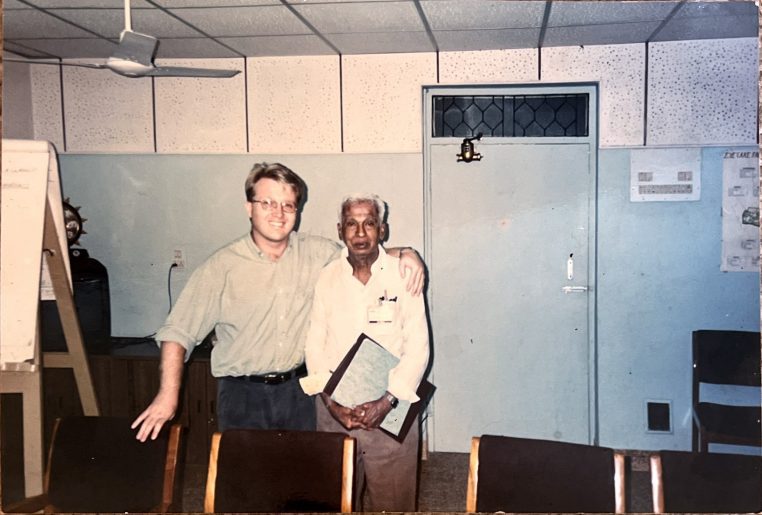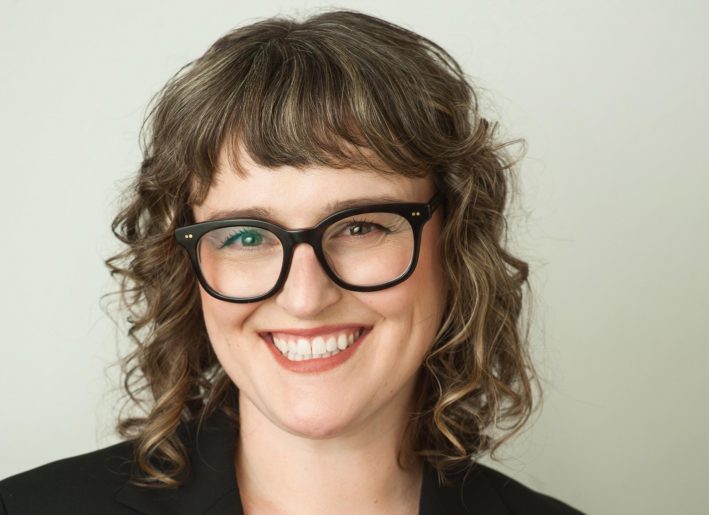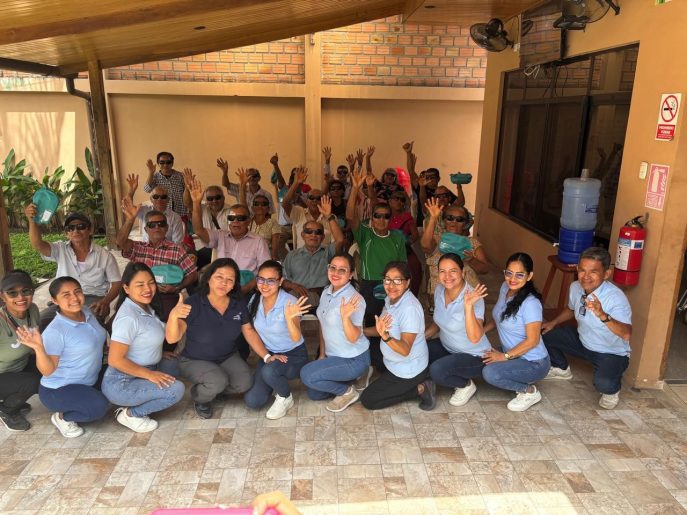Published on the American Academy of Ophthalmology
May 26, 2020
In 1986, when Martin Spencer, MD, signed up as a volunteer with the Seva Foundation to bring eye care to people in remote areas of the world, he was unsure what he, an ophthalmologist from Canada, had to offer. Over the next 35 years, he would give so much and with such humility that a Tibetan monk called him the “true embodiment of Buddha.”
In just the first year alone, he helped revolutionize eye care in the developing world by setting up the first surgical camp in Nepal to offer modern cataract techniques. Dr. Spencer has restored sight to thousands of people in India, Nepal, Tibet, Malawi, Guatemala and Cambodia, allowing them to again work and lift themselves and their families out of poverty. He’s also trained many eye care specialists in those countries so surgery can continue after he leaves.
But it’s not just the number of cataract surgeries performed or how many people he’s trained that inspires colleagues, it’s his patience and persistence. He travels to the most remote areas to build eye care clinics, and remains there, training staff in techniques that make cataract surgery under more basic conditions, safer and faster.
“Dr. Spencer has a very distinct sense of justice,” Dr. Suzanne Gilbert said. “He wants everyone to have the quality of care that can be found in Canada and the U.S. He’s dedicated to making sure that quality of care is high, by training people. Not only the surgeons, but also the ancillary staff, who make sure that surgeries and all care are done at a high quality.”
Some of the areas Dr. Spencer serves are so remote there are no accommodations. He lives in a tent and washes at a roadside water pump.
Dr. Spencer training in Nepal in the early days
“He’s probably the most patient teacher. No matter how difficult the situation they’re in, both surgically or in the environment they’re in, he never complains,” Dr. Vivian Yin said.
“He always follows through, he’s there tirelessly until they are done or until the trainee has finally picked up what he or she is supposed to learn. So very few people I think have the capability to be that tireless in trying to train and trying to provide eye care in areas that is the hardest to reach.”
Dr. Spencer on a training trip to Nepal in 2019
Dr. Spencer on a training trip in the Tibetan Areas of China
“When he was in Tibet,” Dr. Yin continued, “a Tibetan monk actually called him the true embodiment of Buddha because of his service to humanity and his humility.”
Dr. Spencer says the work is indescribably satisfying and warns others that it’s addictive. “You won’t find anything more satisfying or rewarding.”
A Nepali cataract patient thanking Dr. Spencer
Ophthalmology has an abundance of unsung heroes who save sight, sometimes overcoming great challenges to deliver medical and surgical eye care. During 2020: Year of the Eye, the Academy is featuring stories about some of these heroes. Their colleagues nominated them for quietly serving the underserved, mentoring the next generation and sharing their skills with the world.



